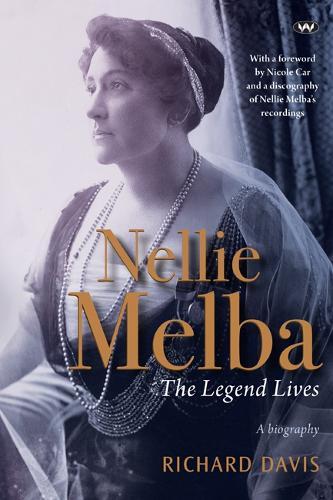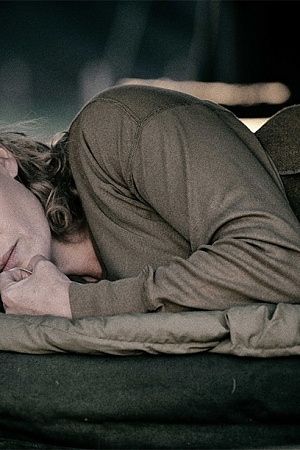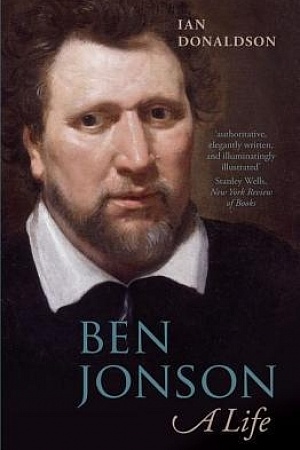Macbeth
It has been said we get the versions of Shakespeare that mirror our times. If so, it is chilling to speculate what Australian director Justin Kurzel’s take on Macbeth, the story of a loyal warrior who succumbs to the temptation to commit regicide, says about the current state of the world.
Macbeth, Shakespeare’s darkest and bloodiest tale, has been adapted for the screen many times. In the process, like all interpretations of Shakespeare’s work, it has become a text into which directors project themselves. These include Orson Welles’s 1948 low-budget Hollywood version, shot in twenty-three days on sets left over from Westerns made by its distributor, Republican Pictures; Roman Polanski’s post-Summer of Love 1971 rendition, infused with the trauma associated with the murder of the director’s wife at the hands of the Manson Family; and Geoffrey Wright’s bizarre 2006 interpretation set in gangland Melbourne, complete with a trio of delinquent schoolgirls as the witches.
Continue reading for only $10 per month. Subscribe and gain full access to Australian Book Review. Already a subscriber? Sign in. If you need assistance, feel free to contact us.















Leave a comment
If you are an ABR subscriber, you will need to sign in to post a comment.
If you have forgotten your sign in details, or if you receive an error message when trying to submit your comment, please email your comment (and the name of the article to which it relates) to ABR Comments. We will review your comment and, subject to approval, we will post it under your name.
Please note that all comments must be approved by ABR and comply with our Terms & Conditions.